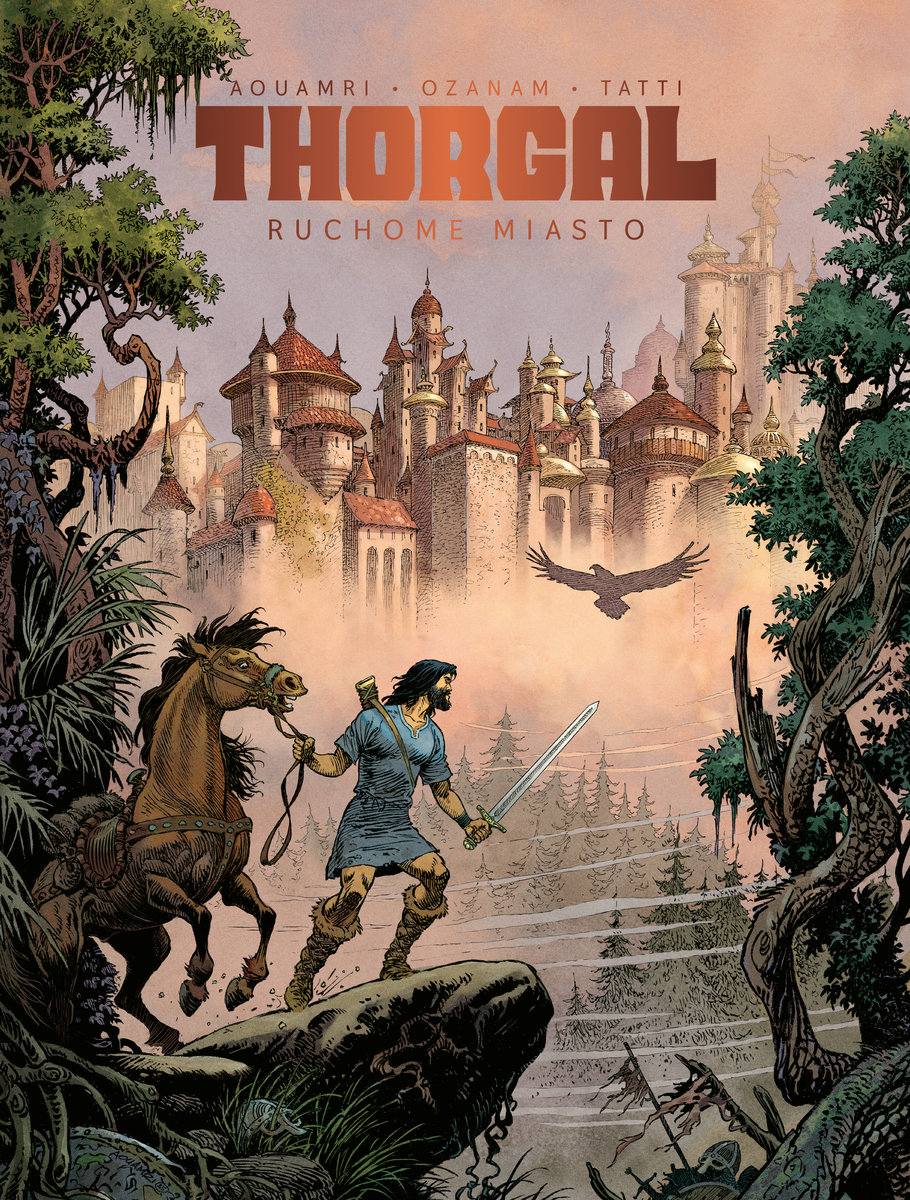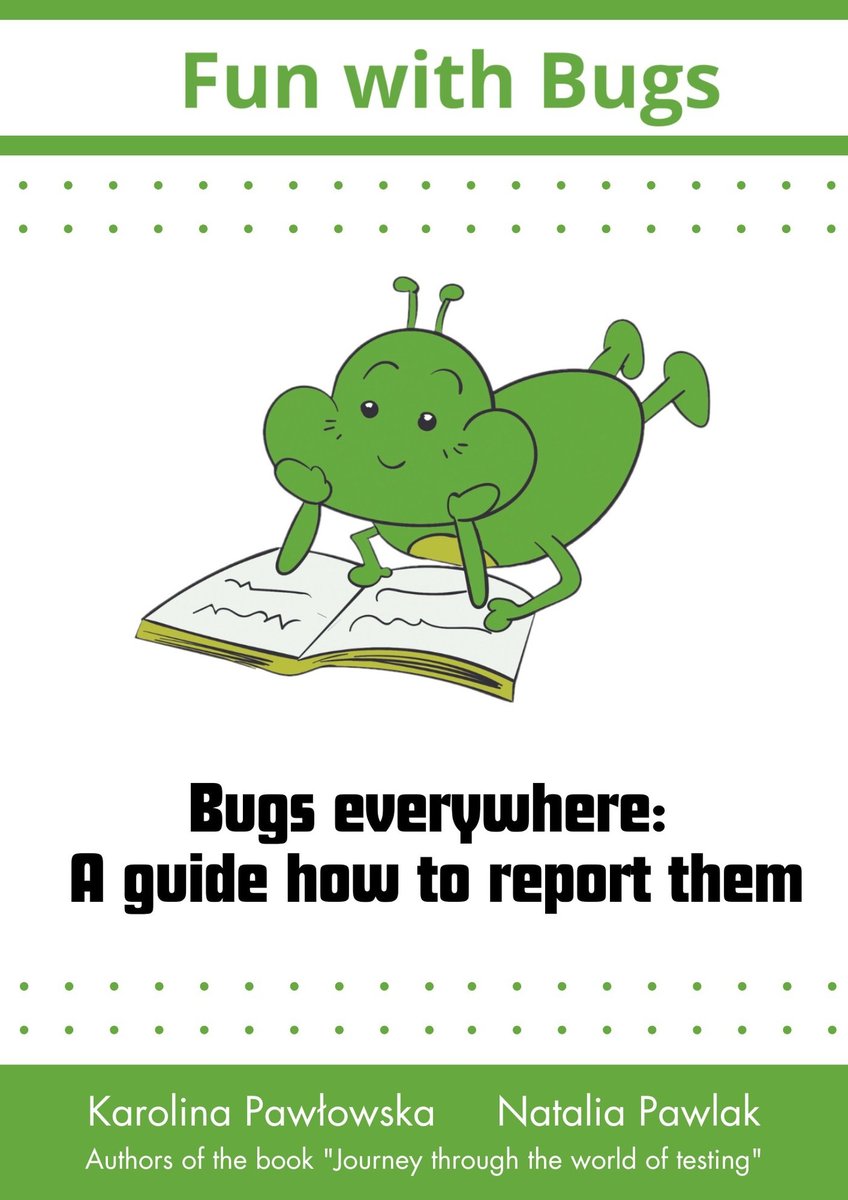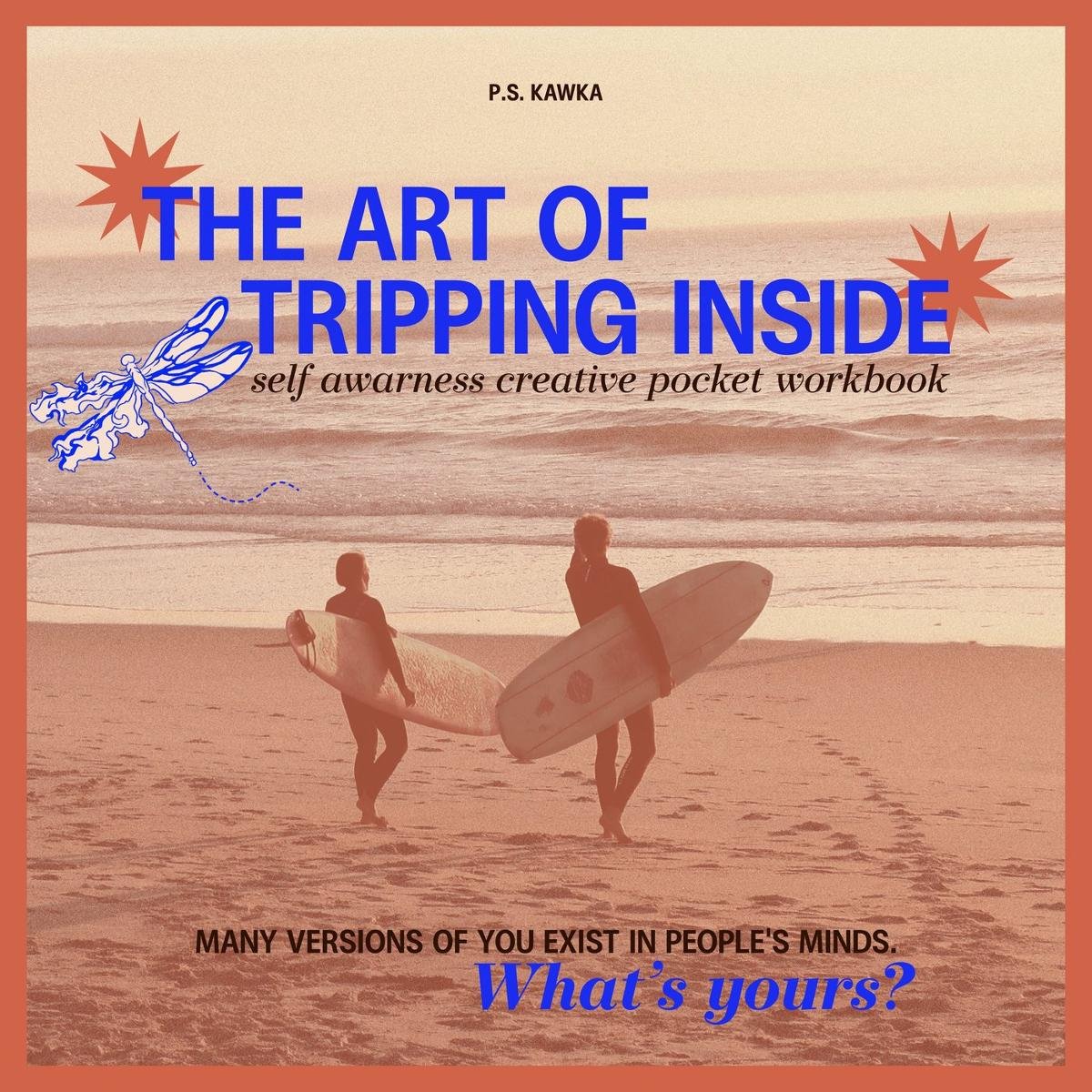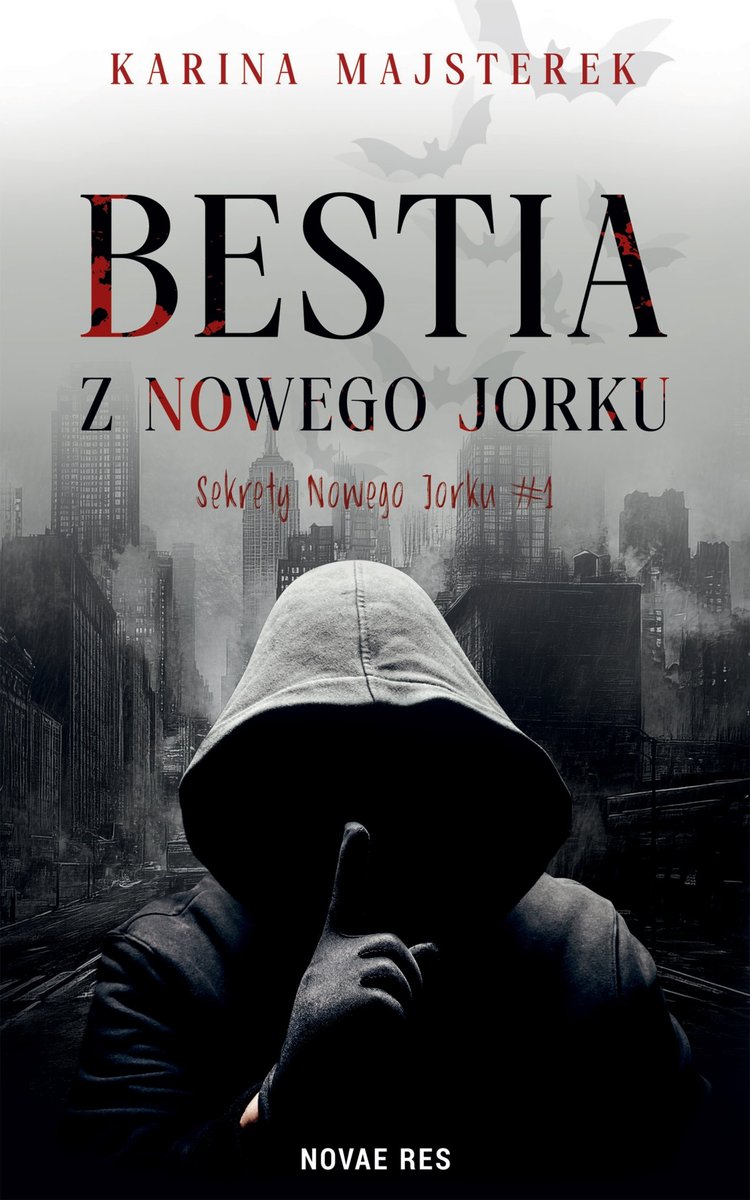Nerwice
| Szczegóły | |
|---|---|
| Tytuł | Nerwice |
| Rozszerzenie: | |
Nerwice PDF - Pobierz:
Pobierz PDF
Nerwice - podejrzyj 20 pierwszych stron:
Strona 1
Love you,
Love you not
BREAKIN G FREE FROM REL ATIONSHIP OCD
Bruno Ping
Hannah Pedersen
Strona 2
Copyright
© 2014, Bruno Ping and Hannah Pedersen
ALL RIGHTS RESERVED. This book contains material protected under In-
ternational and Federal Copyright Laws and Treaties. Any unauthorized reprint
or use of this material is prohibited. No part of this book may be reproduced or
transmitted in any form or by any means, electronic or mechanical, including pho-
tocopying, recording, or by any information storage and retrieval system without
express written permission from the author / publisher.
i
Strona 3
“The most beautiful people we have known are those who have known defeat,
known suffering, known struggle, known loss, and have found their way out
of the depths. These persons have an appreciation, a sensitivity, and an under-
standing of life that fills them with compassion, gentleness, and a deep loving
concern. Beautiful people do not just happen.”
Elizabeth Kubler-Ross
ii
Strona 4
Disclaimer
This book is the result of my personal experiences with relationship Obsessive-Compulsive Disorder
(rOCD). These experiences came about in two ways: firstly, as a personal ordeal and secondly, through
my experience of creating and maintaining a blog on the subject (relationshipocd.com).
This book is not intended to replace sound professional advice. I strongly advocate rOCD sufferers to
look for competent help from medical and spoken therapy professionals.
iii
Strona 5
Hannah’s Foreword
When my husband asked me to write a few words for the book’s foreword I
knew I had many things to say. Hopefully, these same things that I have carefully
selected would be of some value for someone that reads them.Two and half years
into our marriage we are happily married and have a beautiful baby boy.
When I first met Bruno it was love at first sight for both of us and we enjoyed a
few months of what seemed like romantic bliss. When we began to date more seri-
ously, however, I began to notice a big change in Bruno. He no longer seemed
happy, began to be distant and struggled deeply with any form of intimacy (such
as holding hands or kissing). I sensed he’s feelings for me had begun to change and
he struggled to put into words what he was going through as he still was attempt-
ing to process it. It was a very challenging time for both Bruno and I.
One evening when Bruno and I were discussing his distance to me he quickly
rushed to be on his way out my door forever. I told him to wait and phoned up my
sister. After explaining what was going on my sister mentioned that she thought
Bruno’s symptoms sounded like he was suffering from extreme anxiety. This was a
breakthrough. Before this Bruno had suffered in silence and was afraid to even
mention his symptoms to anyone out of the fear that they would say he was crazy.
After discussing with Bruno what anxiety was, his demeanour began to change.
For the first time in weeks he became hopeful that he could be happy again.
Although his journey to manage his illness has been long and hard I am in awe
of his great courage. He was and is proactive in seeking help for his troubles both
online as well as from professional therapists. One of the therapists he saw diag-
nosed him with rOCD. After Bruno found out he had rOCD the puzzle pieces
seemed to fall into place and his journey to recovery could finally begin.
This book discusses practical and theoretical knowledge that Bruno used to get
better from his illness. Today, he still has rOCD and will probably live with the con-
iv
Strona 6
dition for the rest of his life. However, having a chronic condition does not make
us less happy. In fact, it has helped us to better communicate with each other.
I am so thankful that Bruno sought help for this condition, without it I would
probably not have married him or had our beautiful child. I love you Bruno and I
will forever be proud of you and your courage to share your experiences with oth-
ers. I know you will impact so many peoples lives with your words.
v
Strona 7
Preface
If someone would have told me years ago that I would be writing a book about
OCD, I would not have believed them. I could never have imagined then that I
would be writing a book about my journey with rOCD. But here I am. Ready to
share what I have learned in the hope it will benefit someone else.
In this book I have intentionally avoided spending too much time writing about
rOCD suffering, symptoms and deep reflection regarding possible causes for
rOCD. My reasons for doing this is that I feel that there is much more value in dis-
cussing the present and how to move forward rather than dwelling unnecessarily
on the past. Although exploring causes and symptoms can be of value, in my opin-
ion, it can be time consuming and distract from the real aim which is recovery. By
recovery I do not mean you will cure your rOCD, rather it signifies learning skills
enabling one to cope with rOCD and develop the right resolve to enjoy a fuller
and happier life. This book will therefore focus on the present and the future and
include some of the tools that personally has helped me better manage my rOCD
illness. Had I not learned to manage my illness I would probably not enjoy my cur-
rent life with an amazing wife and beautiful son. Fortunately though rather than
being a victim of the disease I found tools to apply and I learned how to better
love my family because of it.
This book also tries to complement and summarise most of the material that I
have shared in my personal blog (www.relationshipocd.com). This blog has been
somewhat successful (by my own standards at least) and has been read and is fol-
lowed by many people around the world. As a result of the blog I have been con-
tacted by many other rOCD sufferers and I have shared with them the precious
vi
Strona 8
lessons that has helped me move forward with the illness. In order to make this
knowledge and my experiences more readily available I will include them in this
book. As a side note I would like to mention that I strongly advocate seeking pro-
fessional help. This includes seeking and receiving help from professionals such as
medical doctors, therapists, psychologists and psychiatrists etc. Although this book
will include my journey with OCD and how I learned to cope with and manage
the illness it should never replace the advice from professionals.
There are various ways of writing and structuring a book. I prefer books that
are structured in a practical way that makes it easy for a reader to follow along.
With this in mind, I have divided this book into 4 main sections (and several sub-
sections):
1. Understanding rOCD
2. Understanding Love
3. Questions and Answers
4. Planning your Recovery
The “Understanding rOCD” section includes a definition and information re-
garding how the brain can “break” or malfunction like any other organ. Other top-
ics that will be covered here are the 3 brains, cognitive distortions, negative behav-
iours etc. This section will increase your knowledge on our common enemy rOCD
and how this enemy can be beaten. It is very difficult to fight against an enemy
that you do not know or understand. Once you know your enemy better, it be-
comes easier to fight your battles and eventually win the war. If you fight from an
ignorance position, most likely you will be caught on a destructive and demoralis-
ing self-reinforcing loop.
The “Understanding Love”section consists of information regarding what love
is and what it is not. Here topics such as expectations, unrealistic hollywood love,
finding “the one,” falling out of love are discussed. As sufferers with rOCD tend to
be filled with doubt and questions whether their relationship or love is “true” love
or meant to be, this chapter will shed further light on this subject.
vii
Strona 9
The following section “Questions and Answers” is a compilation of several
questions that rOCD sufferers have asked on the rOCD blog and includes my best
attempt at answering these from my limited experience. My answers are not in-
tended to be “definitive” or “final” but rather as a starting point in understanding.
In the last chapter, “Planning your recovery” I share various resources and
strategies that can be used to move forward. My aim is to help sufferers like me to
confidently live their life despite having rOCD. Topics discussed in this section in-
cludes looking for professional help, develop a recovery plan and review your pro-
gress.
viii
Strona 10
CHAPTER 1
Prologue
Imagine the following. You are in a very loving and caring relationship with
your partner. You share many things in common and have common goals. You
might have been together for weeks, months or many years. Everything seems to
be going your way. You might have friendly disagreements from time to time but
you both normally work things out and there is no emotional or physical abuse.
Life is great…
One day, out of nowhere, your “perfect” world is rocked to the core. You start
to have doubts about the relationship and ask yourself questions such as “Do I
really love this person?” “Is this really how love should feel?” “Why do I not feel
the same anymore?” “Is this really the person for me?” Also, the more you try to
solve these questions the more questions seem to arise.
The constant doubting starts to have a toll on you. You are not sleeping well
anymore. You are not eating well either, you seemed to have lost your appetite.
You have stopped enjoying your partner’s companionship and have began to feel
anxiety when you are around them or thinking about them.
When you seek advice from friends, family and strangers, they advise you
that“it is time for you to move on” as well as “if you were with the right person,
you would not be asking these questions.” Your well meaning loved ones say many
other things to persuade you that the anxiety and the other symptoms you are ex-
periencing are signs that something is very wrong with the relationship. Rather
than help, their advice only seems to complicates things further and leads you to
more questioning or anxiety.
9
Strona 11
A part of you wants to stay in the relationship. Another part wants to run away.
“I love him but I do not really love him” Confusing things like this come out of
your mouth. Then you proceed to recall all of the good memories and feelings
that you initially had to prove that you still love the person. But you still have anxi-
ety and the only thing that seems to relieve it (even if only for a few minutes) is the
thought of breaking up. “This is the logical conclusion” you tell yourself. But there
is something still keeping you in the relationship, that you cannot really under-
stand. And then the cycle restarts again – trying to look for reasons to stay in the
relationship.
These are some of the many emotions and thought experienced by people that
suffer from rOCD. It can be very confusing and debilitating for both the sufferer
as well as their partner. These vicious cycles of doubt and anxiety sadly leads
many healthy and good relationships to quickly become discarded only to have the
symptoms reappear at the next serious relationship.
As mentioned, many relationships are discarded because of how this dreadful
condition fills the sufferers life with doubt, anxiety and depression regarding a per-
fectly healthy relationship. As there are no obvious "visual" compulsions associated
with the illness those around have a difficult time understanding what is going on
inside the minds and how we feel. It takes both a physical and psychological toll.
In most cases depression and anxiety are also present which makes treatment
more difficult but not impossible. In fact, I have not met yet a rOCD sufferer that
does not struggle with anxiety and/or depression.
10
Strona 12
CHAPTER 2
Understanding rOCD
For some the abbreviation rOCD may have little meaning, however, if you are
reading this book you may already know that rOCD is an abbreviation for Rela-
tionship Obsessive-Compulsive Disorder. As the name implies, sufferers with
rOCD tend to cognitively obsess regarding their romantic relationship. The illness
can include strong feelings of doubt regarding ones partner, their flaws, their feel-
ings towards you or the “rightness” of their relationship.
The DSM V (the Diagnostic and Statistical Manual of Mental Disorders) is a
manual that contains definitions and descriptions of all recognised mental illnesses
yet it fails to include a entry on rOCD (the manual does however contain a rather
lengthy section on Obsessive-Compulsive Disorders). As a result of it not contain-
ing a specific section on rOCD many mental health professionals are unaware of
the illness‘ existence and are unfamiliar with how to treat it. This is important for
you to be aware of when seeking professional help for your rOCD. However, I can
strongly attest to that rOCD is a very real illness and that there are many tools
available to help you cope with the illness.
I will use two definitions below that I personally thought explained rOCD quite
well. Although there are different definitions for rOCD and what it “really is” I
found the following definitions the most useful (found on
ROCD is commonly used to refer to fears associated with Relationship OCD, where sufferers ob-
sessively question whether their current partner is really the right person for them, and whether
they actually love their partner or not, even in the most loving of relationships. The term ROCD
11
Strona 13
can also lead to confusion over the type of OCD being referred to because some use it to describe
other forms of OCD, for example religious OCD.
This confusion leads to delays in treatment where a person will seek specialists in ROCD but are
unable to find any, as ROCD is not a medically recognised term. It is also possible that thinking
of the illness to be something other than Obsessive-Compulsive Disorder (OCD) may also hinder
progress in understanding and tackling the illness, especially if the OCD later changes guise
chameleon-like.
I like this definition for many reasons:
1. The definition recognises rOCD as a real condition (not something imag-
ined).
2. It states that rOCD is a subset of OCD (in other words it is a form of the
OCD illness).
3. The statement mentions that the obsessive questioning is the root of the
rOCD problem.
4. That the sufferer’s mental state is the problem rather than the relationship.
5. It mentions the issue of “rightness” in the relationship.
6. The definition also refers to a mental confusion regarding what love is (I
will cover this topic in the next main section).
7. That rOCD is not a medically recognised term (meaning that many medi-
cal professionals will doubt its existence).
8. The definition states that thinking about the condition as Rocd and not
rOCD might be harmful for progression and recovery.
9. It warns about the ever changing nature of OCD and the importance of
sorting the root cause and not the symptoms.
When I first read this definition, I did not immediately pick up all these 9
points regarding the illness that I have outlined above. However, I now believe all
of these points from the definition are essential to gain a good understanding on
12
Strona 14
how to move forward in life with the rOCD illness. Another definition and expla-
nation regarding rOCD is found on the same he same website mentioned earlier
(OCD-UK). This definition provides some more details to the symptoms experi-
ences by rOCD sufferers:
Relationship Intrusive Thoughts - Obsessive doubts over the suitability of a
relationship...Obsessional thoughts include... Constantly analysing the depth of feelings for one's
partner, placing the partner and the relationship under a microscope and finding fault.The constant
analysing and questioning of the relationship and partner often places immense strain on the rela-
tionship and the result is a person with OCD will often end the relationship to rid themselves of
the doubt and anxiety, which is usually often repeated with any subsequent relationship.
The 9 rOCD principles
I also believe that in order to get better from rOCD, it is important to under-
stand how rOCD works and what helps a sufferer on the recovery journey and
what delays it. Once we understand this and start adopt more positive behaviours
we have a better chance of moving forward and enjoy life more with our partners.
On the following pages I will explore in greater detail what I call the 9 basic
rOCD principles of understanding rOCD. Here is a and list of these principles:
1. The brain can “break” or malfunction like any other organ.
2. We all have 3 brains.
3. The problem is OCD not rOCD.
4. Be aware of cognitive distortions.
5. Avoid internet junk food.
6. Overthinking will only make things worst.
7. How we react is more important than the thought we have.
8. Understand NJREs.
9. rOCD is fuelled by negative behaviours.
13
Strona 15
The “broken” brain
The brain is like any other organ in the body. Sometimes, like the heart, liver
or lungs it malfunctions. And for some reason, we tend to forget about this in our
society. We are a lot more understanding and compassionate to someone that has
an heart attack than to someone that suffers from depression or anxiety. I think
that part of this is because we cannot measure and analyse the brain in the same
way we that we measure the heart (e.g. EEG), liver (e.g. blood tests) or lungs (e.g.
spirometry). So there is no concrete “evidence” that something is wrong. The
other reason is that most of the suffering is done inside rather than outside.
We also tend to look for a quick fix or someone tells us that it is all about will-
power when it comes to mental illnesses or conditions. Especially in rOCD, we
look for that “magic thought or answer” that would solve all our rOCD problems
straightaway. But it never comes.
The truth is that the brain sometimes needs to be treated like any other organ
that is malfunctioning or suffered some sort of injury. Sometimes rest is needed.
Sometimes medication is needed. Sometimes rehabilitation or physiotherapy is
needed. But above all patience because as we cannot expect someone that suffered
an heart attack to run a marathon the next day. So we cannot expect a rOCD suf-
fer to be back “on his feet” quickly or any short fixes available .
Our global mental health (link):
• 1 in 4 people will suffer from a mental or neurological disorder during the
course of their life
• 14% of the global burden of the disease is related to a neuropsychiatric disor-
der.
• People lose more time in their lives fighting against a mental disorder than
fighting against cancer or cardiovascular disease.
14
Strona 16
The 3 brains
Certain theories state that the human brain can be divided into 3 distinct parts
according to function: the reptilian brain, the mammalian brain and the thinking
brain. Each of these components “behaves” differently and shape our (re)actions
and ultimately makes us what we are. Why is this distinction between these three
components important? Because it help us understand what we can control and
what we cannot. We cannot control the processes that occur in the mammalian
and reptilian brain but we can control the processes in the thinking brain.
In rOCD (and other anxiety disorders), most of the unpleasant thoughts are
generated in the part of the brain that we cannot control. So trying to use our
thinking brain (problem solving part) to bring some order to this part of the brain
is not going to work. The emotional and reptilian brain do not respond to logic
and reason very well. The only thing we can do is to use our thinking brain to de-
fuse the signals from our reptilian and emotional brains.
You can find out more about these three brains here.
15
Strona 17
Example of rOCD dialogue in these three brain parts:
Reptilian brain – Feels anxiety and thinks - “I better watch out. Something is
wrong here. Why do I feel anxious? I need to run away. This feel uncomfortable.
My stomach hurts.Better sound the alarm” Passes the message to the emotional
brain.
Emotional brain – ” Why can’t I hear anything (feel any love)? Where is that an-
noying sound coming from?” Passes the message to the thinking brain.
Thinking brain – ” Hmm, there must be something wrong with the relationship
because I am not feeling love or in love. I feel anxious now. Passes the message to
the reptilian brain and the anxiety increases.
Can you see the cycle here? A better mindful response could be something like
this:
Thinking brain - ” This is my experience in this particular moment. It just
is.” Passes the message to the reptilian brain and over time the anxiety decreases.
This last response defuses any need for overanalysing (feeding the reptilian and
mammalian brain), for reassurance and for certainty. In practice, this teaches the
part of the brain that we cannot control to feel less anxious and not to sound the
alarm every time.
The good news is that this works. The not so good news is that it will take time.
You will have to go through this process of rewiring many times before you start
seeing some improvement.
The bottom line is that we cannot use our problem solving skills to
make us feel less anxious or more or less emotions of a certain type.
16
Strona 18
OCD is the main problem not the relationship
Sometimes it is very hard for other people to understand what goes on inside a
rOCD sufferer’s mind. Sometimes it is even harder for us to understand it. But
there are common elements to OCD everywhere. Here is an excellent excerpt
from an article found on the PsychCentral blog:
What if ? What if… were constant questions in his mind. Sometimes he felt as if his brain were going
to explode because it was racing a thousand miles per hour. He was sure about one thing: he needed
100 percent assurance regarding his thoughts and doubts. He spent countless hours looking for evidence
to erase his doubts. It was never enough. He could never arrive at a feeling of peace.
Do you recognise this one?
Individuals with mental obsessions will try to pick apart their thoughts in order to figure them out and
resist them. They can spend hours scrutinising the answers. It doesn’t matter how long they search
through their mind for reassurance or how long it takes them to find the answer on the Internet. The an-
swers will not satisfy the uncertainty they experience.
And what about this one?
And I really really really like how they ended the article:
When OCD tries to creep in, they will learn to recognise it and use the skills to keep it at bay. And
lastly, they will learn that living with uncertainty is okay — because the truth is, uncertainties surround
us all. Once people with OCD learn to accept this truth, they know they don’t have to be slaves to their
OCD ever again.
Summing up, getting better from rOCD means getting better from
OCD.
17
Strona 19
Cognitive distortions - Setting ourselves to fall
When we hold on to exaggerated or irrational thought patterns this might
make rOCD worst or last longer. Psychologists call these preconceived ideas cogni-
tive distortions. Some of the rOCD brain’s favourite lies and exaggerations are:
“If I am attracted to other people, then I do not love my boyfriend/girlfriend”
Attraction is part of human nature. It is not like a switch that can be switched
on and off. Choice is what makes us love our partners.
“If I find the right person, I will not feel anxiety anymore” or “I always feel anxiety when I am
around my boyfriend/girlfriend so there must be a problem with our relationship”
The anxiety is not caused by the other person. It is caused by how our brains
interpret a possible danger.
“I can’t feel anything anymore, this means I do not love her/him.”
Feelings of infatuation will run its course over time. In addition, it is not un-
usual for people with high levels of anxiety to become emotionally drained or
numb.
“Why can’t I feel that special feeling. Maybe this is not right anymore”
Wanting to feel a certain way whenever something happens is not realistic. For
example, the first kiss will not be the same as the tenth kiss as the excitement might
be gone.
These replies are an example of how cognitive restructuring can be used to
“fix” cognitive distortions. You can read more different types of cognitive distor-
tions here and here.
In summary, understanding our cognitive distortions better is a
great way to understand what types of thoughts fuel our rOCD.
18
Strona 20
Avoid internet junk food
The Internet is great. It is one of the greatest tools of our time and for many
generations to come. But it can also be very bad when it comes to fuelling rOCD
symptoms. People normally engage in two types of behaviours to try and solve the
rOCD riddle:
1. Googling symptoms such as “do I really love my partner?” “how to know
that you have fallen out of love?” etc.
2. Sharing their personal experiences in forums or Facebook groups, “trading
spikes” e.g. “this what makes me spike and what about you?”, cross-matching
symptoms, etc.
The problem with no.1 is that it will only lead to more questioning and very lit-
tle answers and in some cases sufferers develop a compulsion for googling which
will only make rOCD worst.
The problem with no.2 is that in most instances when rOCD sufferers get to-
gether online, they talk 99% of the time about the problem and spikes and 1% of
the time about solutions. In the long run, you are better off just watching a movie
to lift up your mood.
There is definitely a benefit of getting together with other rOCD sufferers and
sharing coping strategies, positive behaviours and positive experiences with OCD
treatments. If you are going to share something share positive things.Use the 1/99
rule.
Spend 1% of the time talking about the problem and 99% of the
time talking about possible solutions.
19










